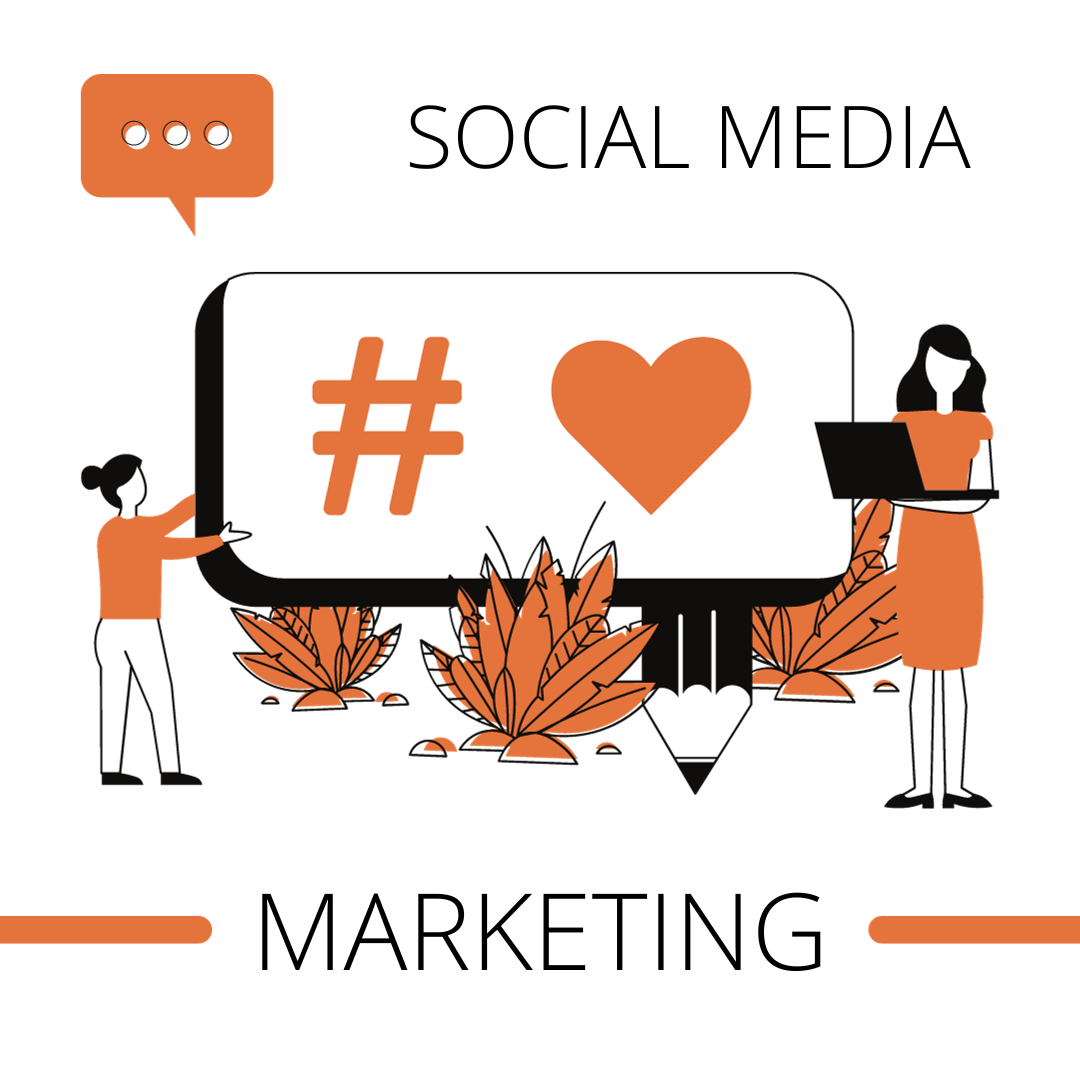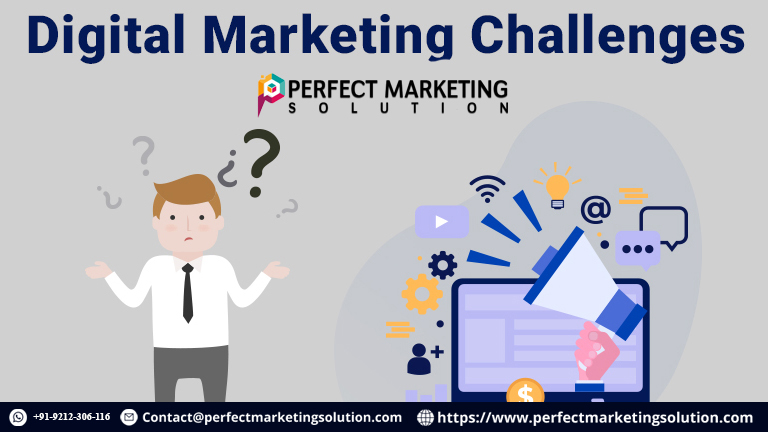In today’s digital age, where online presence plays a pivotal role in business success, understanding the intricacies of SEO and digital marketing is crucial. SEO (Search Engine Optimization) and digital marketing go hand in hand, working in harmony to boost a brand’s visibility, engage with the target audience, and drive conversions.
Understanding SEO and Digital Marketing
What is SEO?
SEO is the practice of optimizing a website to rank higher on search engine results pages (SERPs). It involves a combination of on-page and off-page strategies to make a website more appealing to search engines like Google. By doing so, businesses can increase their organic (non-paid) online visibility, which is invaluable in today’s competitive online landscape.
On-Page SEO vs. Off-Page SEO
On-page SEO focuses on optimizing elements within a website itself, such as content, meta tags, and internal links. In contrast, off-page SEO involves activities like link building and social media marketing to enhance a website’s authority and reputation.
Keywords and Their Significance
Keywords are the foundation of SEO. These are the words and phrases people use when searching for information online. Incorporating relevant keywords into your content helps search engines understand your website’s content and rank it appropriately.
Backlinks and Link Building
Backlinks are external links that point to your website. When reputable websites link to your content, it boosts your website’s authority and credibility in the eyes of search engines. This can result in higher rankings.
Digital Marketing Strategies
Digital marketing encompasses various strategies, all of which have the common goal of promoting a brand online and driving customer engagement. Some of the key digital marketing strategies include:
Content Marketing
Content marketing involves creating and sharing valuable content to attract and engage a target audience. Quality content establishes a brand’s authority and trustworthiness, making it a fundamental component of digital marketing.
Social Media Marketing
Leveraging the power of social media platforms like Facebook, Twitter, and Instagram is essential for reaching and engaging with a broader audience. Social media marketing helps in building brand awareness and fostering relationships with customers.
Pay-Per-Click (PPC) Advertising
PPC advertising allows businesses to display ads on search engines and pay only when users click on them. This strategy can be highly effective for quickly driving targeted traffic to a website.
Email Marketing
Email marketing remains a powerful tool for nurturing leads and converting them into customers. Personalized email campaigns can yield high conversion rates.
The Symbiotic Relationship Between SEO and Digital Marketing
SEO and digital marketing work together seamlessly. Digital marketing creates the content and promotional channels, while SEO ensures that content is optimized to rank well in search results. This synergy maximizes online visibility and increases the chances of driving organic traffic.
The Role of SEO in Content Creation
When creating digital marketing content, SEO considerations are paramount. This involves not only using relevant keywords but also structuring content in a way that’s easily readable and accessible for both humans and search engines. This synergy between SEO and content creation is vital for success.
Optimizing Websites for Search Engines
Website optimization is an ongoing process. Elements like site speed, mobile-friendliness, and user experience play a crucial role in SEO. Google’s algorithms are designed to reward websites that provide an excellent user experience.
Measuring SEO Success
Measuring the success of SEO efforts is essential. This is done through tools like Google Analytics, which provide insights into website traffic, user behavior, and conversion rates. Understanding these metrics is key to making data-driven decisions.
The Constantly Evolving Nature of SEO
SEO is not a static field. Search engines frequently update their algorithms, which means that SEO strategies must adapt accordingly. Staying informed and adaptable is vital for SEO success.
The Future of SEO and Digital Marketing
As technology advances and consumer behavior changes, the future of SEO and digital marketing will continue to evolve. Voice search, AI, and other emerging technologies will likely play a significant role in shaping the digital landscape.
Conclusion
In the ever-changing realm of online business, SEO and digital marketing are inseparable partners. Their collaborative efforts result in enhanced online visibility, user engagement, and ultimately, business success. Staying informed, adapting to changes, and continuously optimizing your online presence are the keys to thriving in this digital age.
FAQs
1. What is the primary goal of SEO in digital marketing?
The primary goal of SEO in digital marketing is to enhance a website’s visibility on search engine results pages, ultimately driving organic (non-paid) traffic and increasing online exposure.
2. How do keywords impact SEO?
Keywords are fundamental in SEO as they help search engines understand the content of a website. Using relevant keywords strategically can boost a website’s search engine rankings.
3. What is the difference between on-page and off-page SEO?
On-page SEO involves optimizing elements within a website itself, while off-page SEO focuses on external factors like link building and social media marketing.
4. Why is content marketing a key component of digital marketing?
Content marketing is crucial because it helps establish a brand’s authority and trustworthiness, attracting and engaging a target audience.
5. How can businesses stay ahead in the ever-evolving world of SEO and digital marketing?
To stay ahead, businesses must stay informed about industry trends, adapt to algorithm changes, and continuously optimize their online presence.





